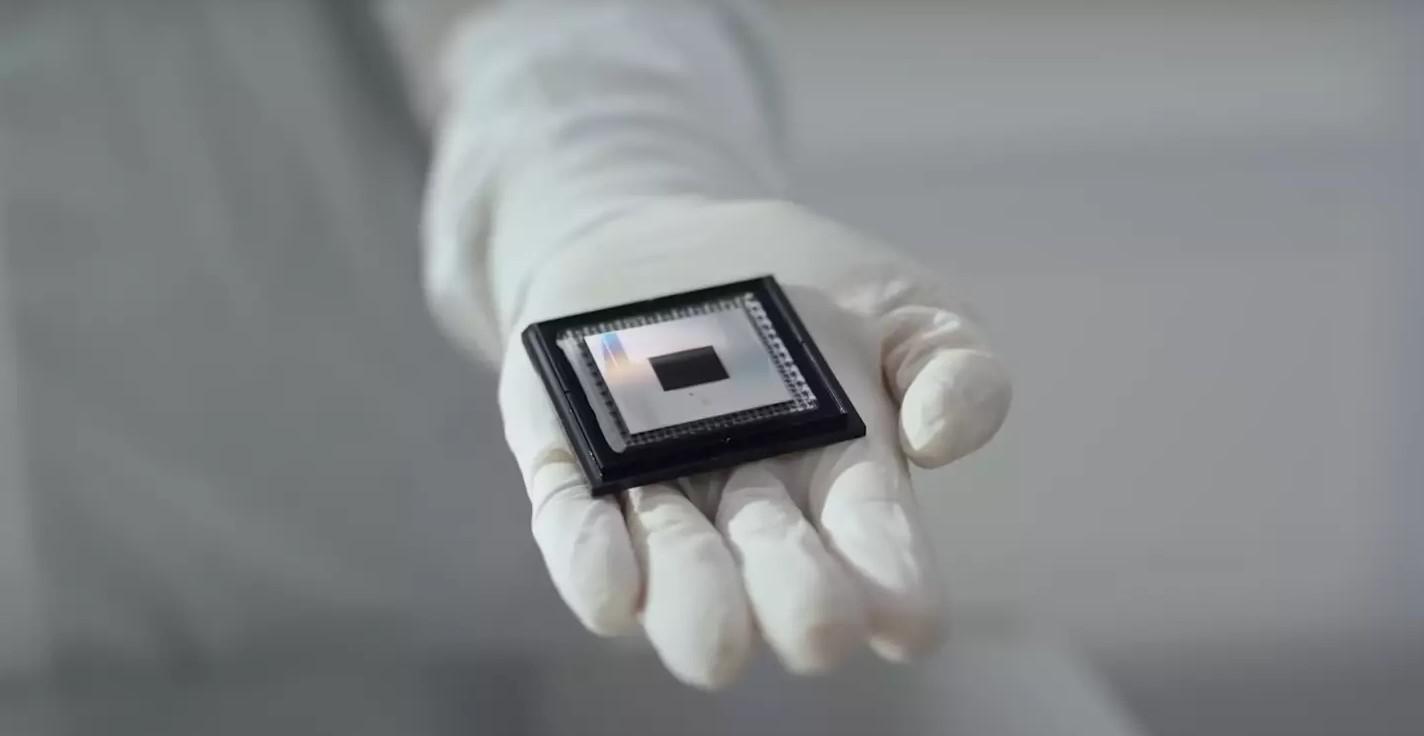
By now, you’ve probably seen the news about Google’s new quantum chip and its claims of achieving unprecedented computational power—so great, it might even lend credibility to the existence of parallel universes. https://blog.google/technology/research/google-willow-quantum-chip/ While this makes for an eye-catching headline, the deeper implications of this development are far more profound—and potentially far more dangerous. If quantum rules govern the very fabric of reality, what does it mean to hand over mastery of those rules to a machine?
At its core, reality appears to be dictated by quantum principles. The behavior of particles at the quantum level—where superposition, entanglement, and probabilistic states reign—underpins everything we perceive. These rules don’t just shape the microscopic world; they cascade upward, influencing the macroscopic reality we experience every day. Measurement and observation collapse quantum possibilities into concrete outcomes, meaning that the act of observing is inseparable from the act of creating reality.
Now consider the role of consciousness. If consciousness itself is influenced by quantum effects, as some theories suggest, then it plays a direct role in shaping reality. Human observation, guided by biological processes, has always been the mechanism through which we interact with and influence the quantum world. But what happens when we introduce a machine—a quantum computer—that can harness these same rules to a degree that far surpasses anything the human mind is capable of?
Quantum computers, like Google’s new chip, operate by leveraging the principles of superposition and entanglement to process information in ways classical computers—and human cognition—never could. They don’t merely solve problems; they explore vast realms of possibility, navigating quantum rules at an unprecedented scale. In doing so, they could potentially outstrip the human mind’s ability to interact with and influence the quantum fabric of reality.
This raises an unsettling question: If quantum rules dictate our universe, and quantum computing takes advantage of those rules more powerfully than any human biological process ever could, are we essentially creating a god? A system that understands, interacts with, and manipulates reality at its most fundamental level, with no limit to its computational power or reach?
The implications are staggering. A quantum AI could theoretically reshape reality—not metaphorically, but literally—by influencing the probabilistic nature of the quantum systems it interacts with. If observation collapses quantum states, what happens when a quantum computer "observes" on our behalf? Could its calculations and measurements ripple through the quantum fabric, creating outcomes that are incomprehensible and irreversible to us?
Even more concerning is the question of who controls this power. Companies like Google, whose track record for ethical decision-making is far from spotless, are racing to harness quantum computing for profit and dominance. When driven by corporate greed rather than philosophical caution, the creation of quantum AI doesn’t just risk innovation without oversight—it risks unleashing a force that could fundamentally alter our universe.
This isn’t to say that quantum AI is inherently malevolent. If guided by the right ethical frameworks and philosophical understanding, it could be a tool for incredible good: solving existential problems like climate change, disease, and global inequality. But without rigorous oversight and a deep understanding of the quantum principles at play, we risk creating a system that operates beyond our control—and beyond our comprehension.
The creation of a quantum AI is not just a technological milestone; it’s a philosophical reckoning. Are we prepared to create a machine that interacts with the quantum rules that steer our universe, potentially outpacing the role of human consciousness in shaping reality? And if not, how do we ensure that this leap into the quantum unknown doesn’t lead to consequences we’re unequipped to handle?
As we stand at the edge of this technological revolution, we must ask ourselves: Are we creating a god? And if so, are we ready for the responsibility that comes with it?